It must have been around 1988 or 1989.
I had a college job where I was wont to be at a desk for long hours at night without much to do. I would arrive to work and unload my backpack with my materials for the night. As was my custom, I would often push aside my assigned reading in political science to pour over my unassigned reading for pleasure.
If I was going to sit at a desk with little to do for eight hours, I would bring a Kafka novel to read. But I would also bring one by Dostoevsky and another by Steinbeck. When I bogged down in one after two hours, I would take up the others. In this way the time would pass with both pleasure and profit. Before I knew it, my work shift was over. I earned enough to pay for most of the last two years of my college education in this way.
I read huge swathes of literature. During those few years I read most of the famous Russian novelists, and every D.H. Lawrence novel of note. I also made a serious study of poetry from the Elizabethans to the Romantics to the Victorians to the Modernists on up — John Donne to Lord Tennyson to TS Eliot to Charles Bukowski. For a time I became a devotee of Keats, Shelley, and especially Yeats. I wrote my own poetry and submitted it to literary journals under Lord Byron’s birth name. (The effrontery!) Like an ambitious young man eager to leave home and see the world, I had limitless energy and enthusiasm. I was insatiably curious. I had a voracious appetite for all the famous literature I had heard about but never read. I would read anything and everything I could get my hands on.
It added up to a lot of books over the years.
After I left college things changed. Marriage and family diverted my attentions somewhat, and as I got older I had less youthful enthusiasm at my disposal. Nevertheless, I have remained an omnivorous and dedicated reader these past three decades since I left college.
I became a high school English teacher, in addition to a history teacher. I took next to no English classes while at the university, and I had no literature degree. But I aced my secondary English teacher licensure exams — I barely broke a sweat! — and have 27 years experience teaching literature and composition.
But I still remember sitting there struggling with Jane Austen when I was 22-years old. I could make my way through other “difficult” writers (more or less), but almost uniquely Austen tripped me up.
For 70 or 80 pages there would be next to nothing in a Jane Austen novel but dense conversation between a few young women on the hunt for a husband in a rural English upperclass subculture amidst a blizzard of complicated relationships. Occasionally the heroines would talk or dance with the eligible bachelors, and that is where things grew even more complicated, with secondary characters in the form of aunts and mothers contributing their 2 cents about the husband hunt.
“What do you think he meant when he said that?”
“Do you think his sister likes me? Will she invite me tomorrow for tea?”
“How many pounds per year does he have? Is he amiable?”
Talk, talk, talk. I wanted to shout to them: Somebody DO something! But not much happened. And what little that did happen was analyzed to death. There was misdirection and insinuation. Smiling and backstabbing. Tears and hopes. More talking. Trying to discern what others actually thought from small social cues, rather than just straight up asking them how they felt. Maybe a wedding at the end?
I would not know, because I never made it to the end of a Jane Austen novel while I was in college.
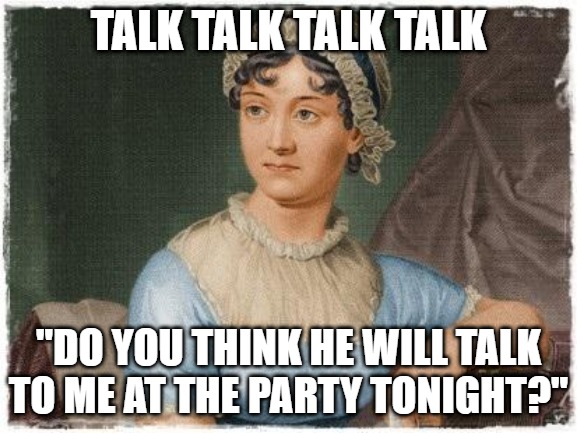
I am tempted to claim that there was just too much estrogen in her books for me — were these books primarily about women written by a woman for an audience of women? Austen’s is definitely a woman’s voice.
But I had no such troubles with Edith Wharton, Kate Chopin, Toni Morrison, or Joan Didion.
But then in 2005 they came out with the excellent movie version of “Pride and Prejudice” by Joe Wright and I gave Jane Austen another try. I was 38-years old by then.
I had more patience and endurance as a reader by that time. I sat through the complexities of the relationships between all the characters. I had a heavily annotated version of the book so I could understand the obscure 18th century cultural references. I read every word of the book and understood the novel completely. I made it to the end.
And I loved it.
I could finally appreciate why Jane Austen was such a famous author. I got it.
And so when my oldest daughter turned 13-years old I read it with her. In an era of sexual harassment panic and angry feminist rhetoric in the contemporary America she would grow up in, I wanted an example of romantic love for her to aspire to as she got older. I want her someday to meet her Mr. Darcy, and to have him come declare himself to her like at the end of “Pride and Prejudice.” I want that so much for her! So I fed her the story deliberately.
Of course we only made it halfway through the story before we bogged down in the quicksand of late 18th century dialogue. I could see my daughter was exhausted, so we stopped reading and watched the movie instead. She enjoyed the film version and comprehended the plot. She can read the whole novel later when she is older and has more endurance. Then she can more thoroughly understand and enjoy it: I wanted to give my daughter a taste of Jane Austen now, hoping she will become a glutton later. Similarly, I have given copies of “Pride and Prejudice” to former students who I particularly enjoyed and hoped the best for.
Years ago I remember Princeton alumni Susan Patton telling female undergrads that they should think seriously about marrying an eligible fellow Princetonian they might meet on campus, as they might never be among so many eligible and worthy unmarried young men again. It seemed like solid advice to me. Feminists criticized her to the skies at the time, but Patton (and Jane Austen) knew that to make a good marriage is one of the biggest boons a woman can experience in life, even in an era now where women have more economic choices than in Austen’s time. I want my daughter to be happy in her romantic and family relationships — I want that badly for her. I don’t want her to end up like so many American feminists who endure frustrating failed relationships with men, with anxiety/depression medication and a vibrator on the bedside table, wondering if maybe she would be happier sleeping with women. Anything but that.
As I see it, a great strength of the female sex is that women often look at the number and quality of their close personal relationships as the most important thing in their lives. Parents, sisters, girlfriends, spouse, children — most women want it all. I see time and time again women nurturing their friendships and family, while too many middle-aged men let them languish. One friend tells me, “Single men living in their abodes are like bears with a bit of furniture.” In contrast, women create homes. Women can see the value in family, and most men come along eventually. As this very traditional Chinese old man once told me, “A boy is not a man until he gets married.”
Which is why, from this particular view, women are vastly superior to men, in general, in my opinion. (Although looked at from other directions, the exact opposite is true.)
And why there is so much value in Jane Austin’s novels, even if they are paeans to the everyday churn and burn of the lives of everyday women. Austen has no time for Gothic excess or naïve sentimentality. Hers is a hardheaded romantic “sense” instead of “sensibility.” That subtle difference is the theme of Austin’s novel “Sense and Sensibility,” which I read two months ago.
It was not an easy read. Not much of a fun one either. But it was enriching — full of wisdom — examples of kindness and cruelty in their proper place. There are petty jealousies and painful heartbreaks, and grand gestures and deep love. There are no supernatural phenomena or extraordinary events at play; this is no “Wuthering Heights” with forlorn phantoms and haunted landscapes. But we are the better for it. We live in the real world of Jane Austen, not the imagined one of Emily Brontë. Jane Austen teaches us lessons which apply to the quotidian realities most of us inhabit. We can see ourselves in the familial matrix her characters navigate. There are the parents and siblings, lovers and ex lovers, rivals and allies, poverty and wealth, hopes and fears.
Almost all of us can identify.
After long despising him, Ezra Pound wrote the following poem “A Pact” to Walt Whitman:
I make truce with you, Walt Whitman—
I have detested you long enough.
Who has had a pig-headed father;
I am old enough now to make friends.
It was you that broke the new wood,
Now is a time for carving.
We have one sap and one root—
Let there be commerce between us.
I would say something similar to Jane Austen, if I could.
I will start her “Mansfield Park” tomorrow.
That novel will require patience and endurance, no doubt.
It will not be an easy read, I am sure.
But nothing worth doing is easy.
I can’t wait!
That wonderful moment of promise and renewal: opening up a new book to page one and starting the story…
“About thirty years ago Miss Maria Ward, of Huntingdon, with only seven thousand pounds, had the good luck to captivate Sir Thomas Bertram, of Mansfield Park, in the county of Northampton, and to be thereby raised to the rank of a baronet’s lady, with all the comforts and consequences of an handsome house and large income. All Huntingdon exclaimed on the greatness of the match, and her uncle, the lawyer, himself, allowed her to be at least three thousand pounds short of any equitable claim to it. She had two sisters to be benefited by her elevation; and such of their acquaintance as thought Miss Ward and Miss Frances quite as handsome as Miss Maria, did not scruple to predict their marrying with almost equal advantage. But there certainly are not so many men of large fortune in the world as there are pretty women to deserve them.”
opening lines of “Mansfield Park” by Jane Austen
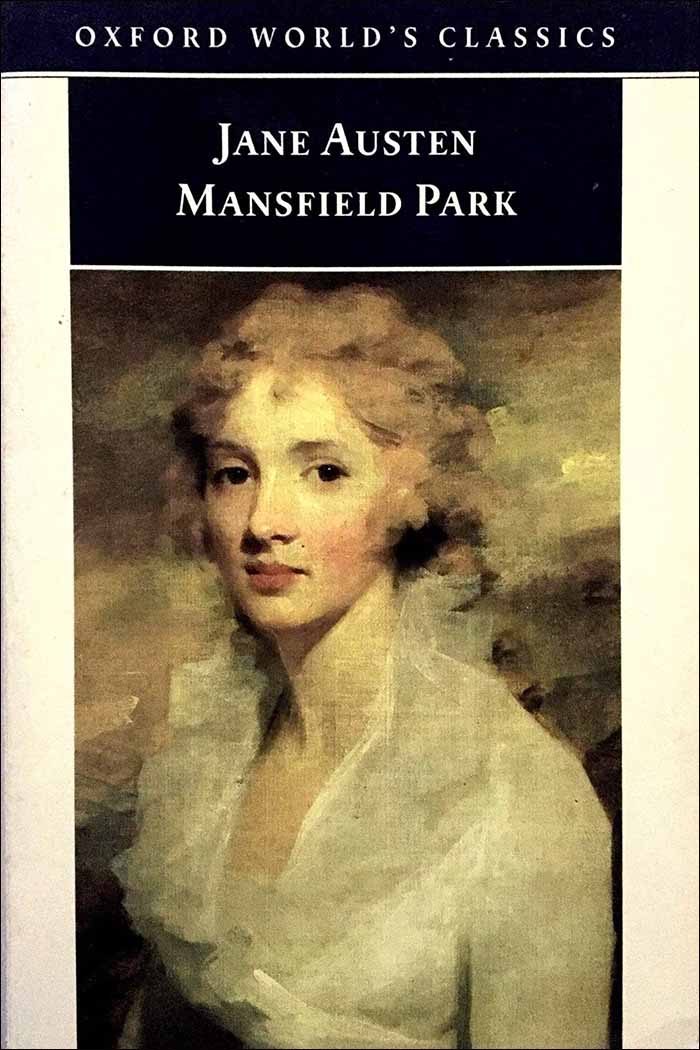
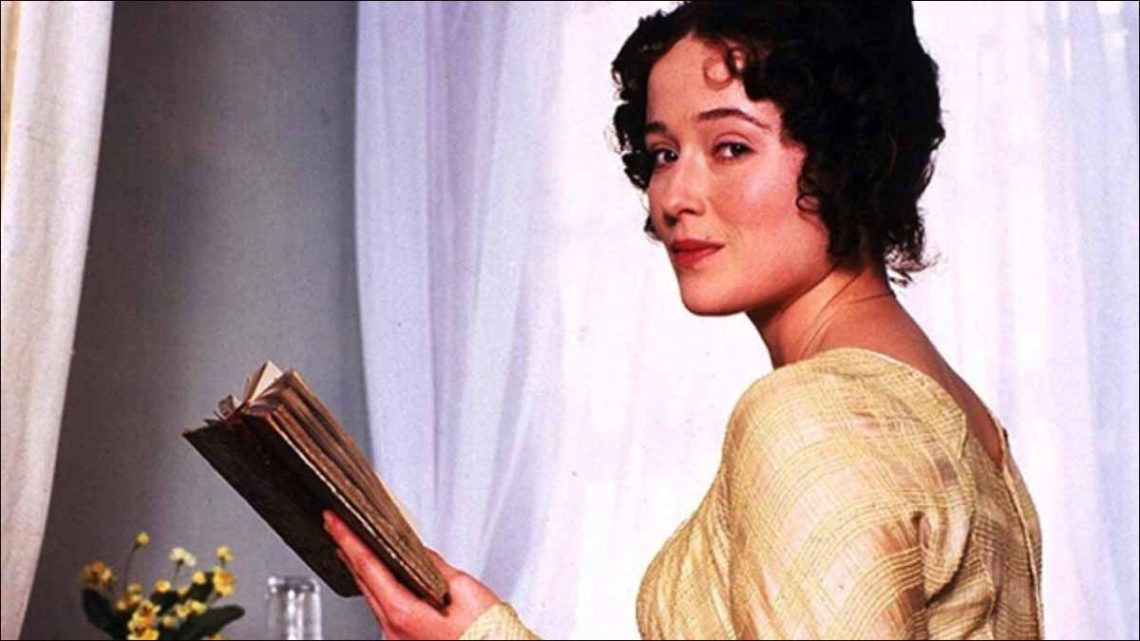


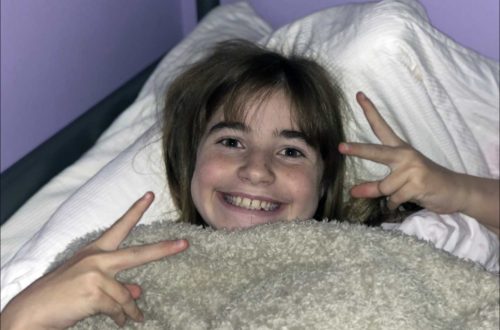
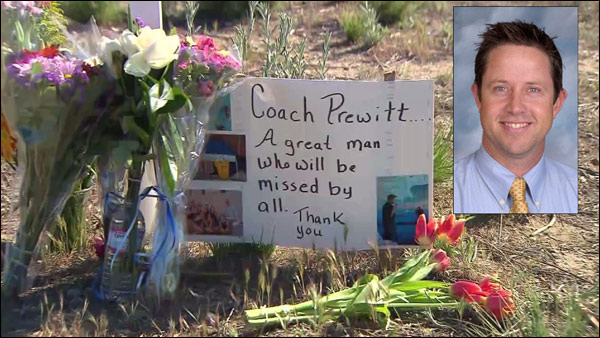
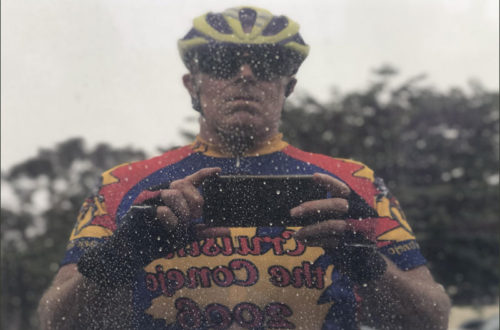
One Comment
Pingback: